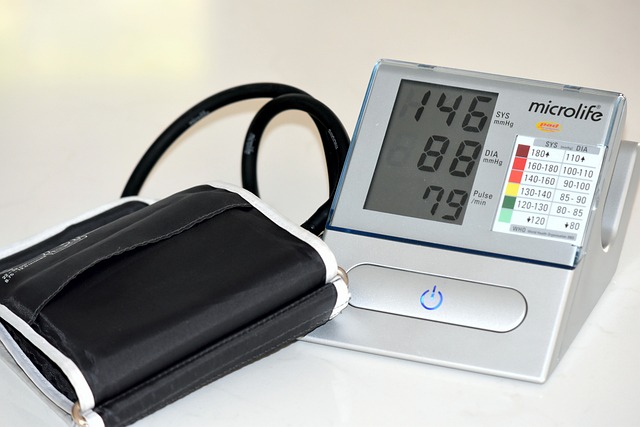Hormone analysis via non-invasive UK kidney blood tests is a powerful diagnostic tool for reproductive issues, measuring key hormones like estradiol, testosterone, and progesterone to identify imbalances linked to conditions such as PCOS or thyroid problems. These results guide targeted treatments, restoring hormonal balance and enhancing fertility potential. Early identification through this method improves reproductive health outcomes.
- Understanding Hormone Analysis for Reproductive Health in the UK
- What is a Kidney Blood Test and How Does it Help?
- Decoding Results: Interpreting Hormone Levels for Fertility Assessment
Understanding Hormone Analysis for Reproductive Health in the UK
Hormone analysis plays a pivotal role in diagnosing and treating reproductive issues in the UK. This non-invasive procedure involves examining hormone levels in either blood or urine samples, offering valuable insights into an individual’s endocrine system. In the context of reproductive health, it helps identify imbalances that may impact fertility, menstrual cycles, and overall reproductive well-being.
In the UK, a kidney blood test is one common method for assessing hormones. This test measures levels of key reproductive hormones like estradiol (a female sex hormone), testosterone (male sex hormone), and progesterone, which are crucial for regulating various reproductive functions. By analysing these hormones, healthcare professionals can pinpoint disorders such as polycystic ovary syndrome (PCOS), thyroid issues, or other endocrine imbalances that may be contributing to infertility or irregular menstrual cycles. This enables tailored treatments and interventions to restore hormonal harmony and optimise reproductive health.
What is a Kidney Blood Test and How Does it Help?
Decoding Results: Interpreting Hormone Levels for Fertility Assessment
Decoding your hormone analysis results is a crucial step in understanding your reproductive health and fertility potential. Hormone levels, measured through a UK kidney blood test, provide valuable insights into the intricate balance that supports conception. Each hormone plays a unique role; for instance, estrogen and progesterone are key players in regulating the menstrual cycle and preparing the body for pregnancy.
When interpreting these levels, healthcare professionals consider reference ranges specific to age and individual health status. Deviations from these ranges may indicate underlying reproductive issues, such as polycystic ovary syndrome (PCOS), thyroid disorders, or ovarian insufficiency. Identifying these conditions is essential, as early intervention can often improve fertility outcomes and overall reproductive health.
Hormone analysis, including the UK kidney blood test, plays a pivotal role in understanding and addressing reproductive issues. By decoding hormone levels, healthcare professionals can provide tailored assessments and treatment plans for fertility challenges. This comprehensive approach ensures that individuals seeking to conceive receive the necessary support and guidance, ultimately enhancing their chances of successful pregnancy.
